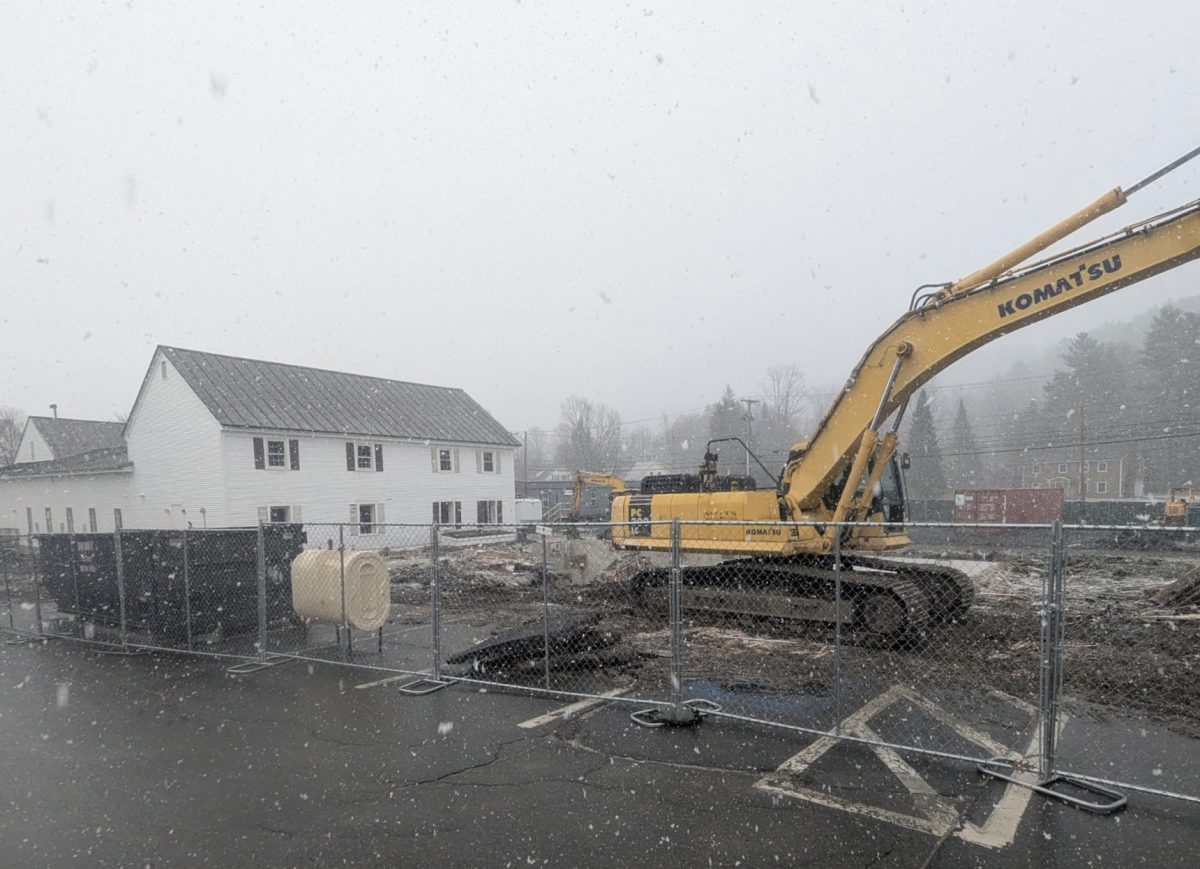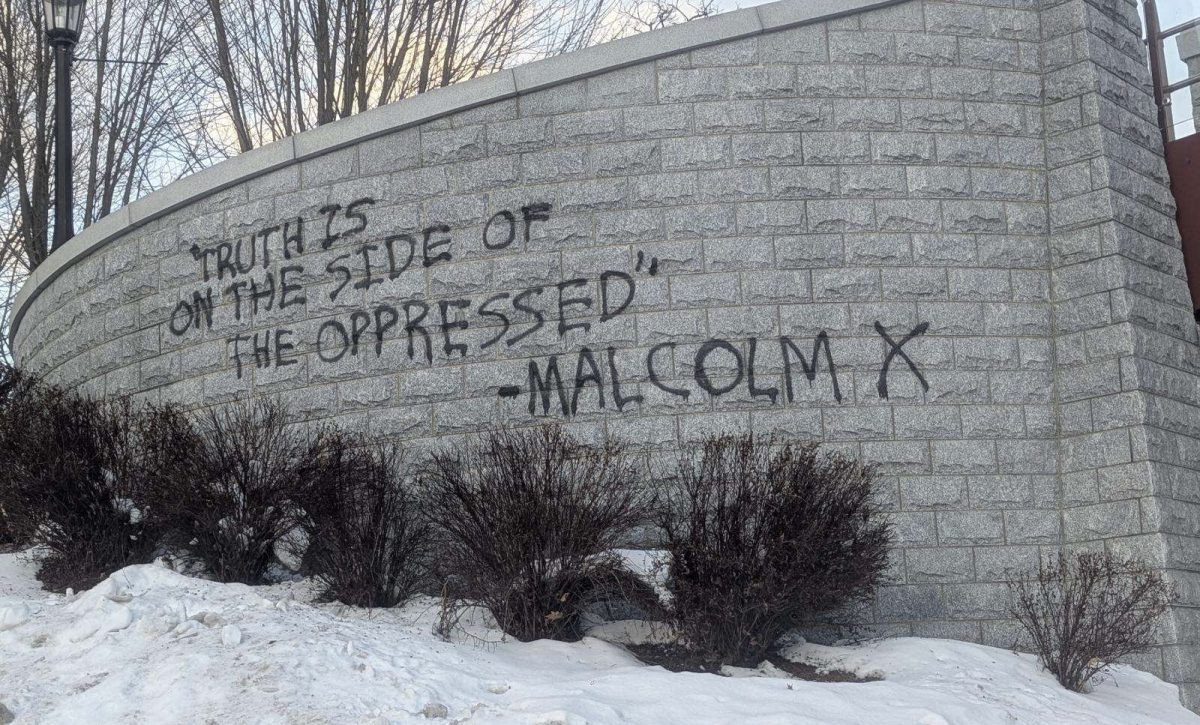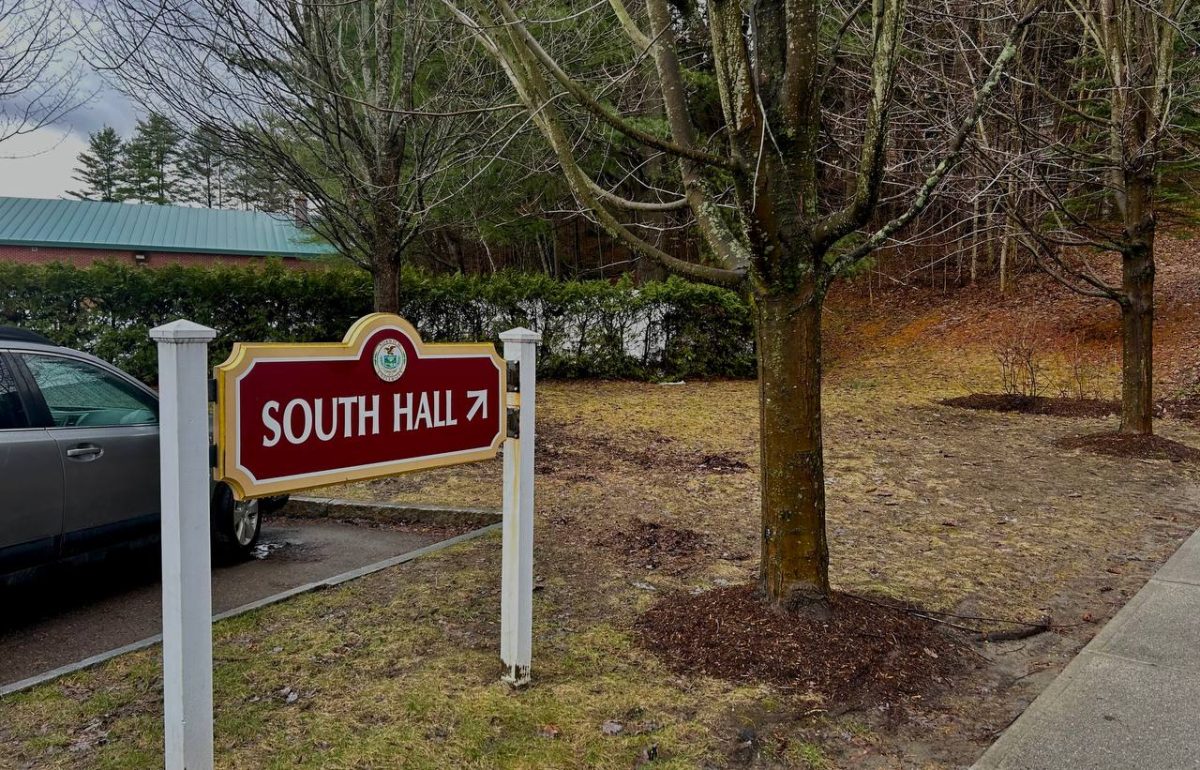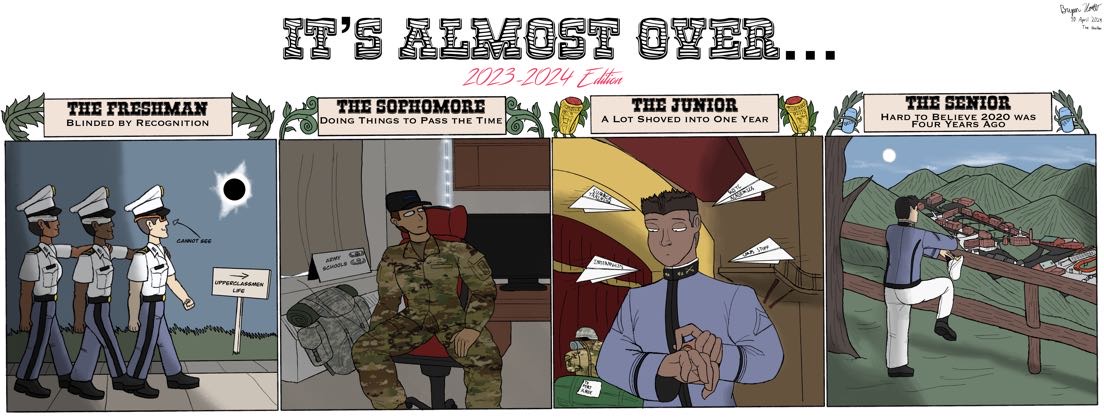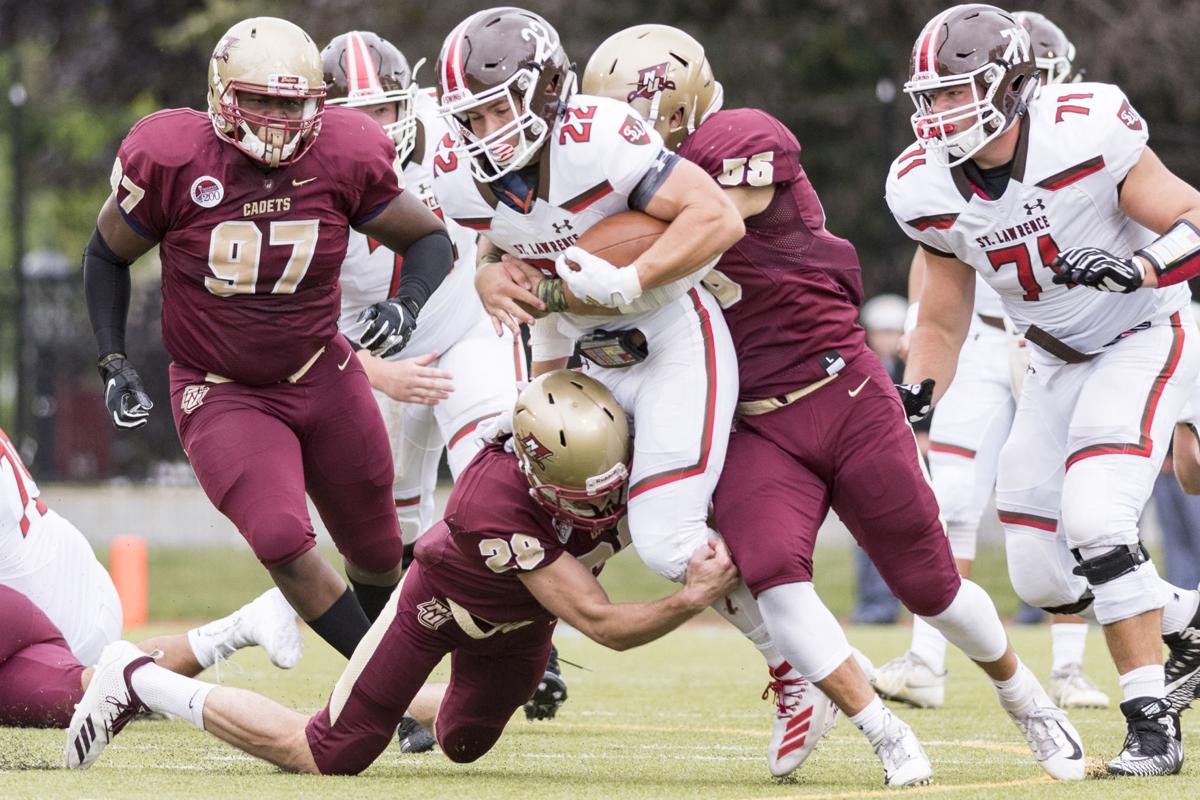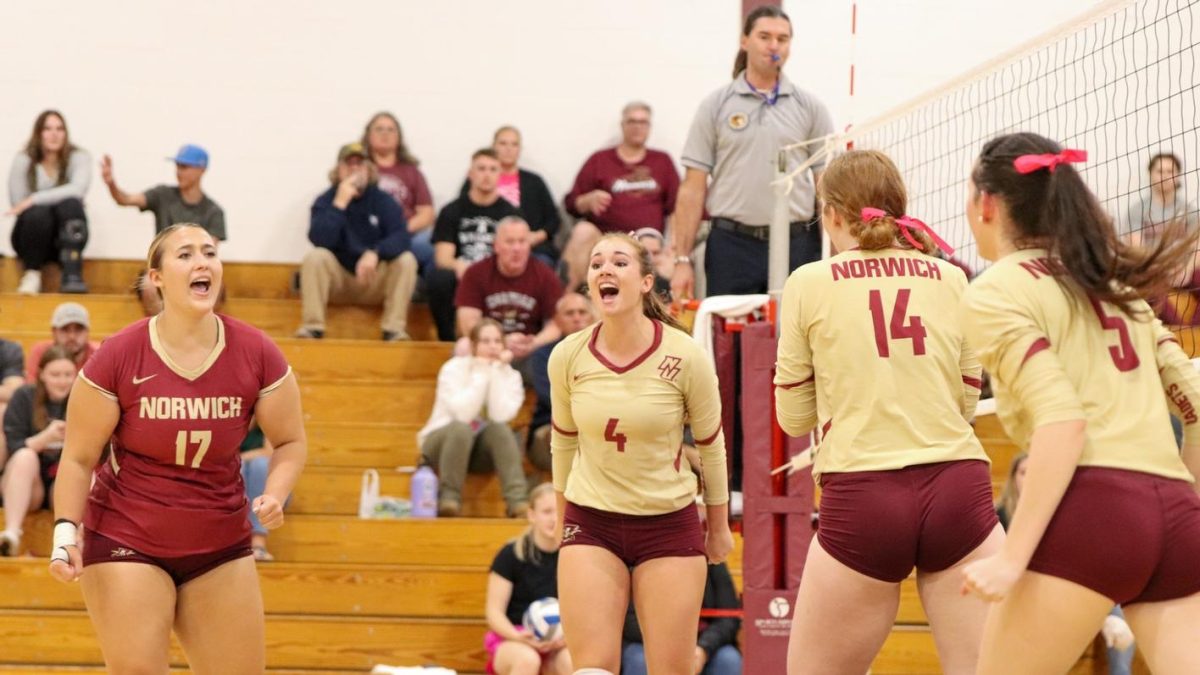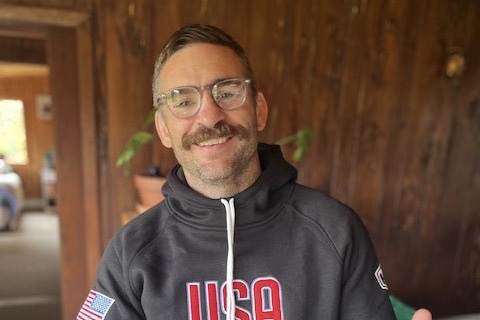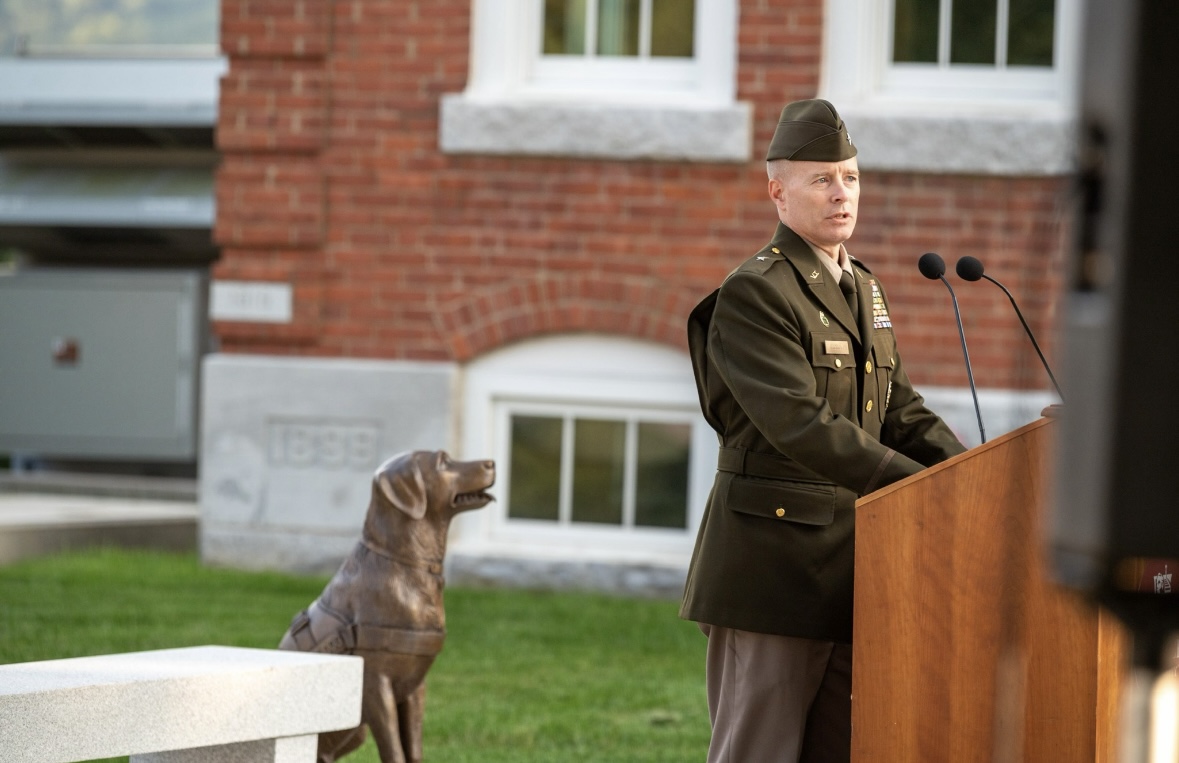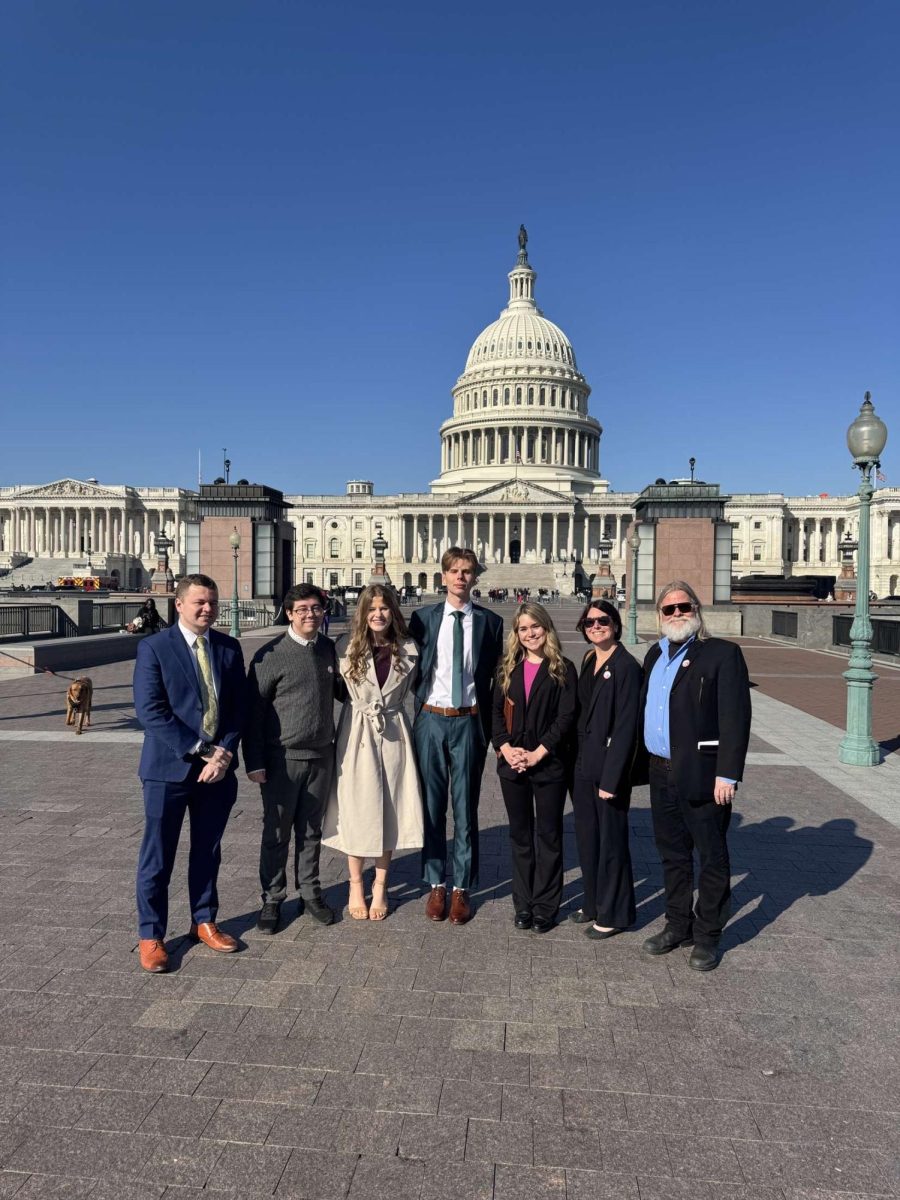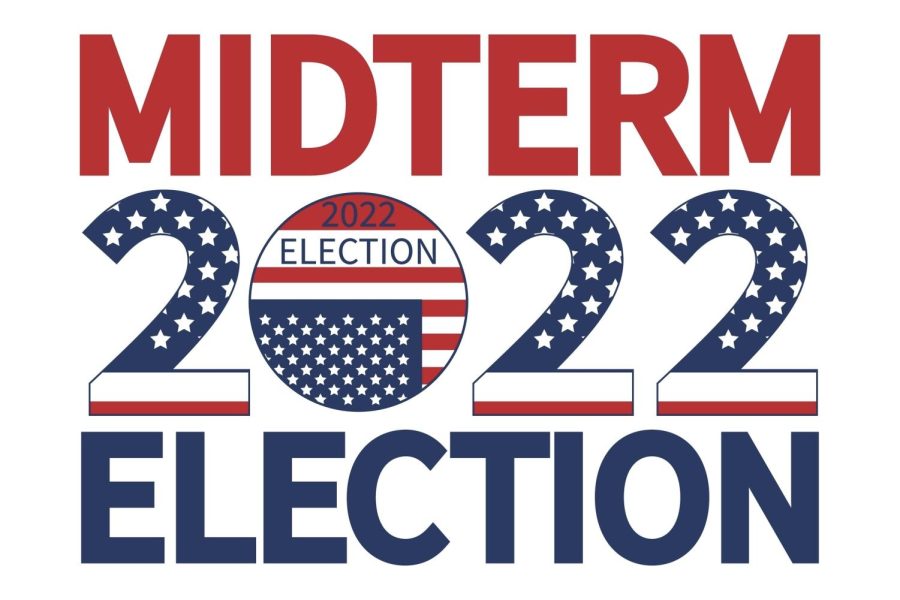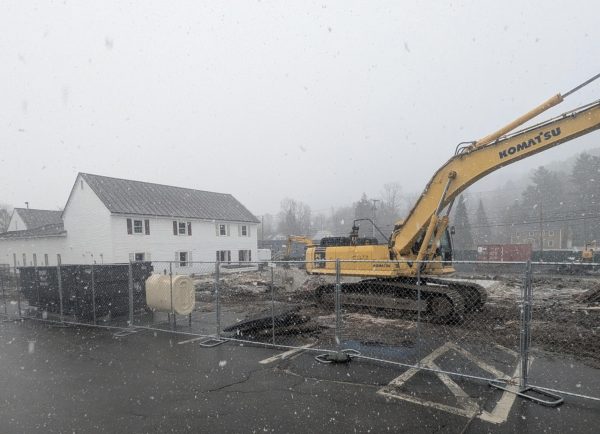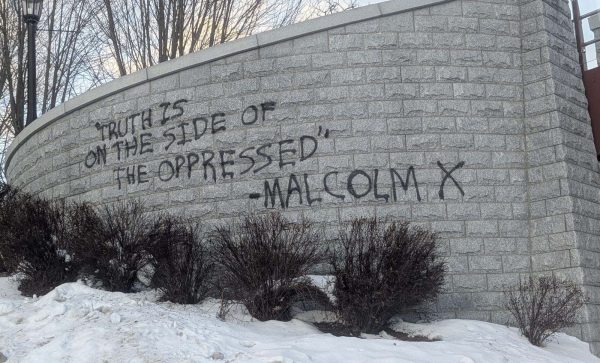Vermonters protect abortion rights; elect first woman, openly gay candidate to Congress
Updated: Wednesday, Nov. 9
Vermont became the first state to adopt abortion protections as voters resoundingly adopted a reproductive liberty amendment to the constitution by a margin of 77% to 22%.
A constitutional amendment to make clear a ban on slavery in the state also passed in a landslide by a 81% to 10% margin.
These results are according to the Vermont secretary of state’s office as of 12:45 a.m.
Here are snapshots of other statewide election results.
– Republican incumbent Gov. Phil Scott defeated his Democratic opponent, Brenda Siegel, to win a fourth term in office. Scott was leading Siegel 69% to 23%.
– Democratic U.S. Rep. Peter Welch defeated his Republican opponent, political newcomer Gerald Malloy, 67% to 27%, in Vermont’s U.S. Senate race.
Welch served nearly 16 years as Vermont’s lone Congressman in the U.S. House. He succeeds Democrat Patrick Leahy, the longest-serving member of the Senate, who announced his retirement after nearly five decades in office.
– Democratic U.S. House nominee Becca Balint become Vermont’s first woman and first openly gay person elected to Congress. She defeated Republican Liam Madden, 60% to 27%.
Vermont had been the only state never to elect a woman to Congressional.
Earlier Story:
Vermont will hold an historic election in 2022 as voters choose two of the state’s three lawmakers in Washington D.C. and decide state constitutional amendments on abortion and slavery.
Norwich students who live on campus and in Northfield can vote at Northfield High School, 37 Cross St. Vermont allows same-day voter registration for those wishing to register here.
Vermont voters will elect one member to the U.S. Senate for the seat held by Patrick Leahy (D), who took office in 1974 and is the only Democrat elected to this office from Vermont. The Two front runners for this seat are Peter Welch (D); who serves as a chief deputy whip for the House Democratic Caucus and is a senior member of the Energy and Commerce Committee and Oversight and Reform Committee, and the House Permanent Select Committee on Intelligence and Gerald Malloy (R); a West Point graduate and served 22 years on active duty as a Field Artillery Officer with duty in Germany, Korea, Jordan, Saudi Arabia, Iraq, and Kuwait.
As for the U.S. House of Representatives election, Vermonter voters will elect one candidate to serve in the U.S. House from the state’s one at-large seat. The prime contenders are Becca Balint (D), the first woman to hold the position of President Pro Tempore of the State Senate after being first elected to the Vermont State Senate in 2014, ultimately rising to the position of Senate Majority Leader. Liam Madden (R), a Marine Corps veteran who became the leader of the country’s largest anti-war group for Iraq & Afghanistan veterans.
As for the gubernatorial election, Vermont’s Selectorate face two major candidates, Phil Scott (R), the 82nd Governor of Vermont elected in January 2017, who previously served three terms as Vermont’s Lieutenant Governor, and as a Senator for Washington County. Then, Brenda Siegel (D); who began political work as an intern for Bernie Sanders in D.C. in 2001 and currently sits on Vermont’s Public Transit Advisory Commission & DCF’s General Assistance Working Group.
In addition, Vermont’s voters will vote on two proposed amendments to the state constitution on the ballot. The Vermont House and Senate have passed Proposal 2, or Article 1, and Proposal 5, or Article 22, the Reproductive Liberty Amendment.
Proposal 2 is an effort to clarify and remove exemptions from Vermont’s constitutional ban on slavery passed in both the House and Senate twice since it was introduced in 2019.
The ballot measure would remove language stating that people could be held as servants, enslaved people, or apprentices with the person’s consent or “for the payments of debts, damages, fines, costs, or the like.” At present, Vermont is the only state with a constitutional provision permitting involuntary servitude to pay a debt, fine, or the like. Voters in Alabama, Louisiana, Oregon and Tennessee will vote on comparable constitutional changes to eliminate wording that permits the use of involuntary servitude and slavery as a form of criminal punishment. House Speaker Mitzi Johnson (D) said, “As we work to ensure that all Vermonters are treated equally and fairly, it is crucial that we amend the archaic language of the Constitution to emphasize that slavery and indentured servitude in any form and for persons of any age are prohibited. People of all races and genders who live, work, and visit Vermont should feel welcomed and safe.”
Proposal 5 comes soon after the June decision by the U.S. Supreme Court overturning Roe v. Wade but had its beginnings well before this event. The amendment’s supporters have responded by claiming that while the previously codified Act 47 provides for the protection of the right to choose or refuse an abortion, a future legislature could easily reverse the law. The new Article 22 would solidify these protections. The text of the amendment, according to lawmakers who opposed the amendment and other dissenting groups, is overly ambiguous and may have unforeseen implications, and similar amendments in states California, Kentucky and Michigan will vote on similar state constitution amendments. Gov. Phil Scott (R) said, “A few years ago we passed a law affirming that reproductive health decisions are between a patient and their doctor without government interference. In November, Vermonters will have the ability to codify that right in our state Constitution when Prop 5 is on the ballot. So, at the end of the day, the fundamental rights and liberties of all women will be defended, protected, and preserved here in Vermont.”
To vote, proceed to the Northfield High School at 37 Cross St #2, Northfield, VT 05663. First-time registrants are required to submit a photocopy of valid ID, including a driver’s license or passport, current bank statement, current utility bill, or another government document. For those from the area already registered, bring the ballot you got in the mail if you can. If not, you must certify under oath that you haven’t previously cast a ballot.
Your donation will support the student journalists of Norwich University. Your contribution will allow us to purchase equipment and cover our annual website hosting costs.
